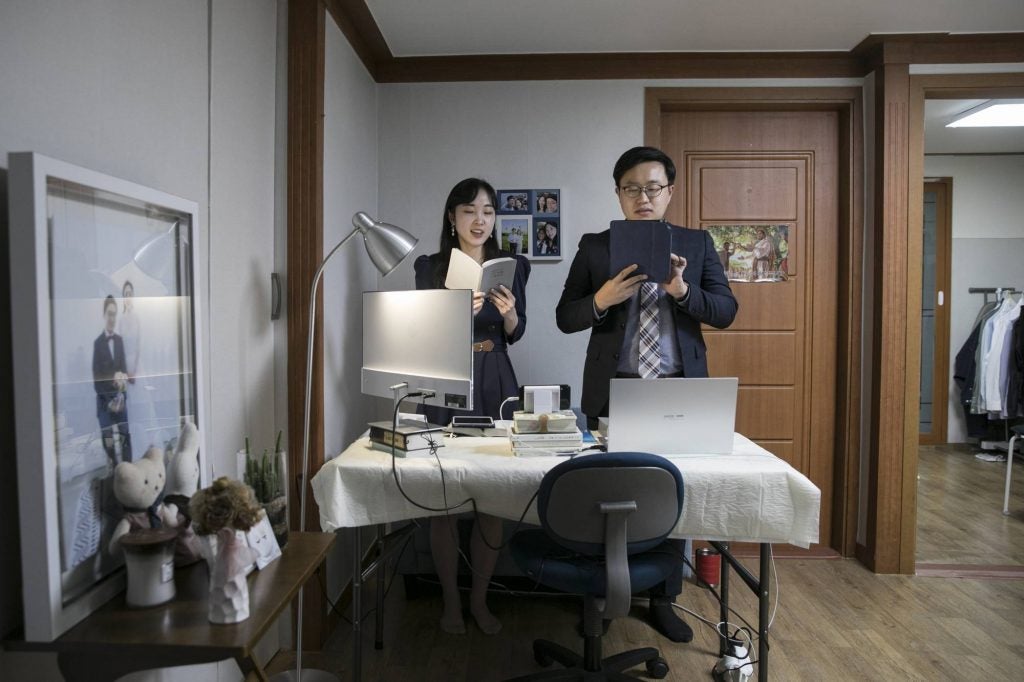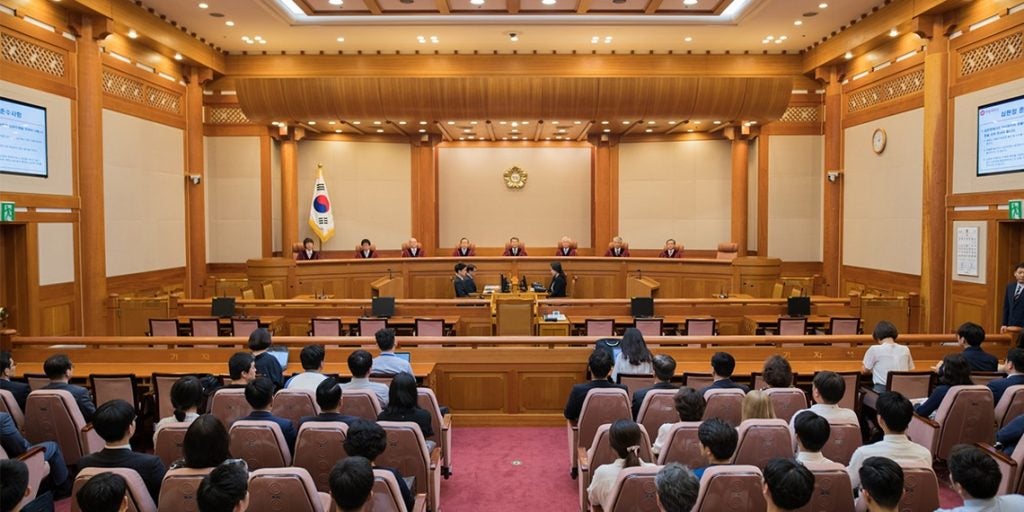South Korea Implements Relaxation of Mandatory Military Service Policy
With Seoul lying just 35 miles south of Kim Jong Un’s “Hermit Kingdom”, defense is a primary concern for the South Korean government. Thus, even after the end of military rule in the 1990s and the establishment of a democratic system, Korea has continued to uphold a policy of mandatory military service. South Korea is not unique in this matter. Switzerland and Israel, and Singapore also have a service requirement. However, South Korea was always unique in one way. You either serve for 21 months in the military or spend three years in prison. No exceptions are made for conscientious objectors.
In 2018, however, the constitutional court finally struck down this policy as unconstitutional. This came in light of a number of lawsuits, primarily coming from Jehovah’s Witnesses who are by far the most affected group, making up most of the 20,000 imprisoned over the decades for ‘draft-dodging’. Starting this year, instead of military service, the objectors will now be going to prison for three years. Not as criminals but as workers; filling roles such as cooks, medical assistants and janitors.

Conscientious objectors aren’t the only South Koreans to be affected by reforms. Back in August, the Chosun Iibo reported that the Ministry of Defense has outlined plans to increase compensations/pay for soldiers to $850 dollars per month by 2025; more than doubling their current income. President Moon meanwhile has pledged to cut mandatory service from 21 to 18 months by next year.
While this change in policy is definitely a step forward for solidifying religious freedom in the republic and meeting international human rights standards and the increase in pay will help guarantee fair compensation, the government has faced criticism from human rights activists. Amnesty international argues that the lack of alternate service opportunities beyond prison walls means that being a conscientious objector is still, in essence, unjustly punished and that the policy is irreconcilable with the democratic values South Korea claims to uphold.
Amnesty International’s Arnold Fang was quoted in the WION News as saying:
“Confining people to work in a prison — and for almost twice as long as the typical military service — does not respect their right to freedom of thought, conscience, religion or belief.”
While the ROK government is expected to eventually add additional forms of alternative service and there has been discussion of creating draft exemptions for K-pop stars in a manner reflecting those given to professional sports players, more conservative politicians have stressed that creating forms of alternative service that are too easy could lead to an increase in draft evasion. For a military reliant on conscription and already facing declining birthrates and a reduction in the length of conscript service, such a prospect is deeply problematic.

